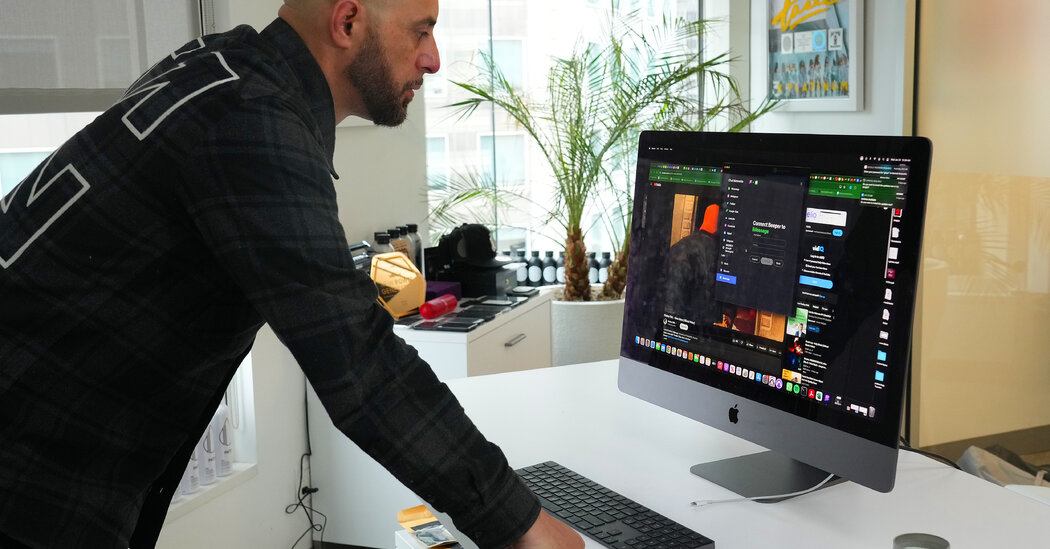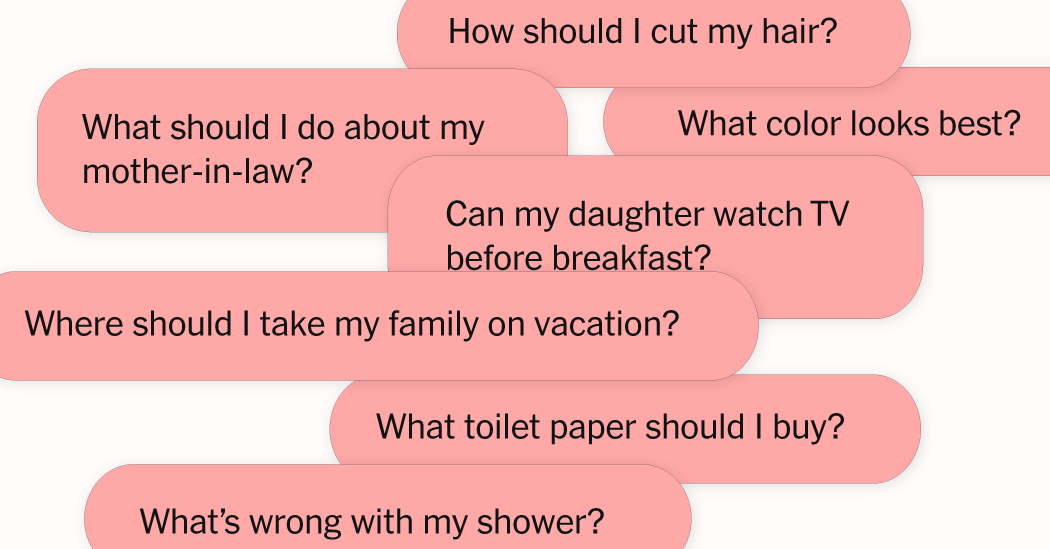When Apple blocked the Beeper Mini app last month from giving Android users access to the tech giant’s messaging service, Beeper encouraged customers to use their Mac computers instead to connect and continue sending messages.
But in recent days, dozens of Beeper customers have reported that they no longer have access to Apple’s messaging service on their Android phones or their Mac computers. Several have called Apple’s customer support and been told that the company had revoked their Mac’s access to iMessage because of irregular activity. None had been warned that they would be losing the service.
For Beeper customers, many of whom prefer Android devices to iPhones but favor Mac computers over PCs, Apple’s move shows just how far the company will go to maintain control over its services. In these instances, Apple cut off one of the services that it provided with its computers because it had objected to the way its customers used it.
“Legally, they’re probably in the clear because of their terms of service, but it’s still kind of crappy,” said Matvei Vevitsis, who noticed this month that he could no longer send his mother iMessages through his 12-inch MacBook.
Apple declined to comment. After The New York Times contacted Apple, some Beeper customers began reporting that they had been unblocked in recent days.
The maneuver is the latest in a tit-for-tat between Apple and Beeper that has gotten the attention of antitrust regulators. Last year, the Justice Department met with Beeper’s leadership team about Apple’s actions, and the Federal Trade Commission said in a blog that it would scrutinize “dominant” players that “use privacy and security as a justification to disallow interoperability” between services.
Beeper Mini debuted on Dec. 5 as an app that offered Android phone users the ability to send encrypted messages to iPhones. It made it possible for people with Samsung and Google devices to send high-resolution videos and use perks like animations, which had previously been reserved for iPhone customers. Within three days, the app had added 100,000 customers.
But Apple blocked the app by changing its iMessage system. It said the app created security and privacy risks.
Beeper then came up with a solution to maintain its service. It asked customers to use their Mac computers to get a registration code for iMessage and to use that to log into Beeper on an Android device.
Mr. Vevitsis, 31, said he had used a MacBook from around 2015 to connect Beeper to Apple’s messaging service on his Samsung Galaxy phone. A self-proclaimed tech tinkerer, he prefers using Android phones because the system is more customizable than an iPhone. But his mother has an iPhone, and he wanted to be able to send her high-quality photos and videos.
Early this year, Beeper stopped working, and Mr. Vevitsis was no longer able to send his mother messages. He opened his MacBook and tried to message her directly but had the same problem, so he called Apple support.
“Apple told me my iMessage had been flagged for spam,” he said. The Apple support representative had offered to unblock him, but that didn’t solve the problem. Ultimately, he downloaded an app that allowed him to create an alternative serial number for his MacBook and was able to begin using iMessages again.
Beeper said more than two dozen of some 3,500 customers had reported similar outages on their Macs. Several of those customers spoke with The Times and provided records and details of their conversations with Apple support.
Ghazi Shami, the founder of Empire, an independent music company in San Francisco, said he had run into similar trouble. Like Mr. Vevitsis, Mr. Shami prefers using a Galaxy to an iPhone, but many musicians send audio recordings with iMessage. Mr. Shami would connect to Beeper using his iMac Pro desktop so that he could send and receive those recordings from his phone.
But late last year, he said, Beeper stopped working and iMessage shut down on his iMac, which Apple priced at $5,000 when it was released in 2017.
“I don’t think it’s in the spirit of Silicon Valley to block someone’s serial number because they were testing beta software,” Mr. Shami said. “It’s like they’re reprimanding schoolchildren.”







